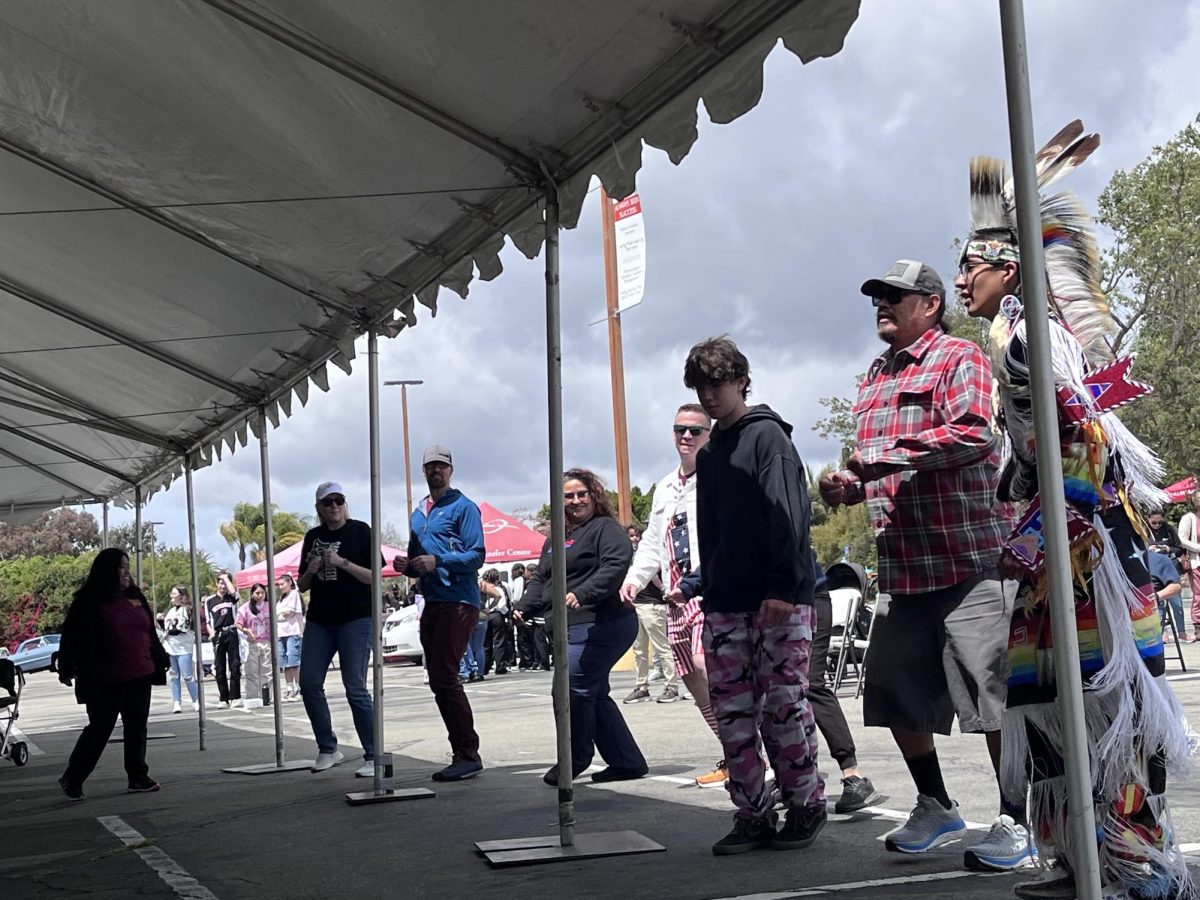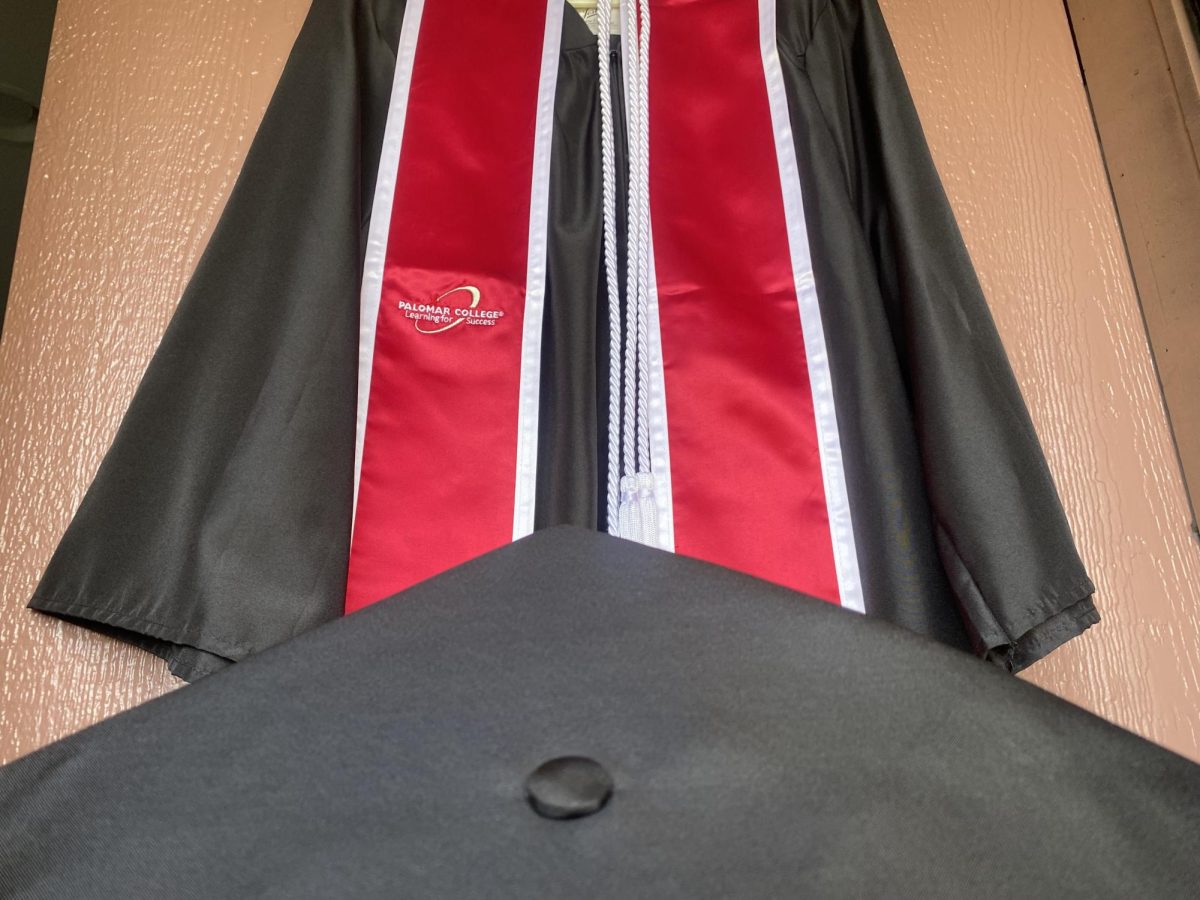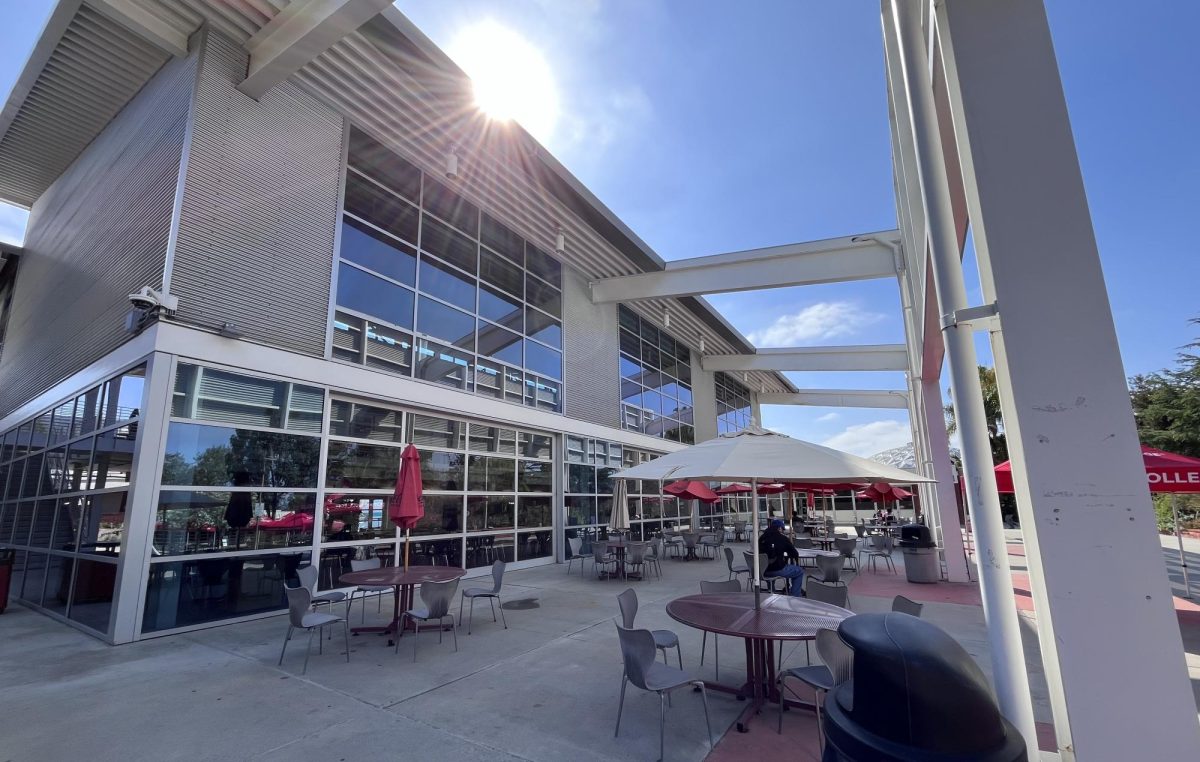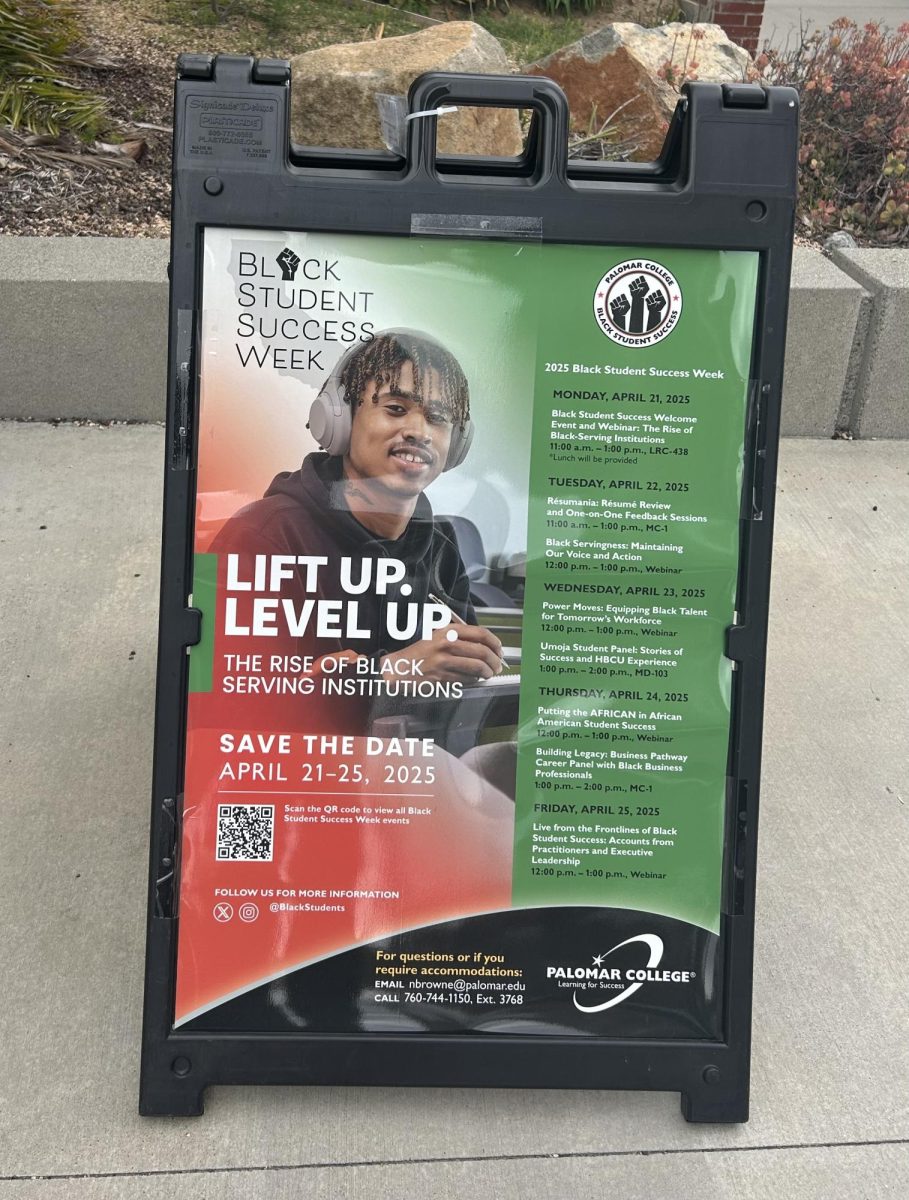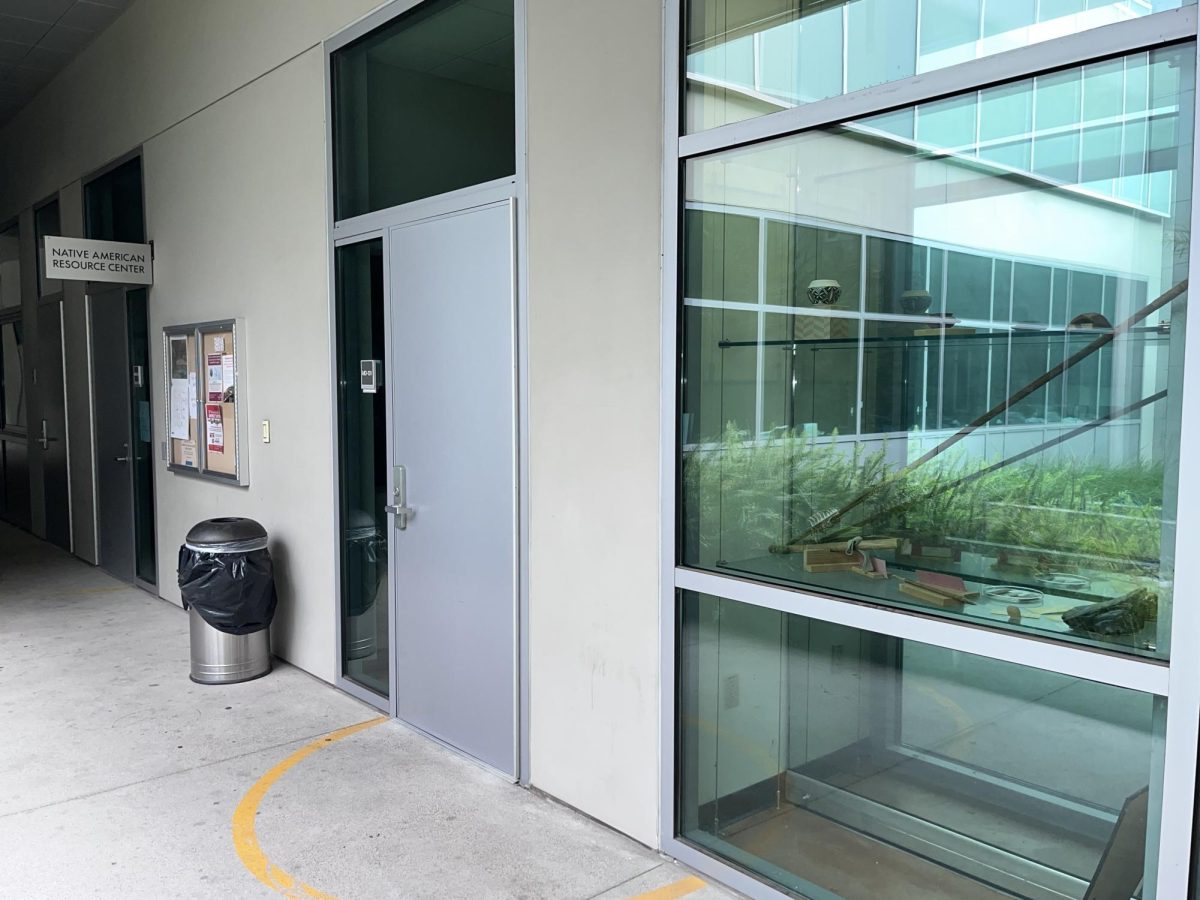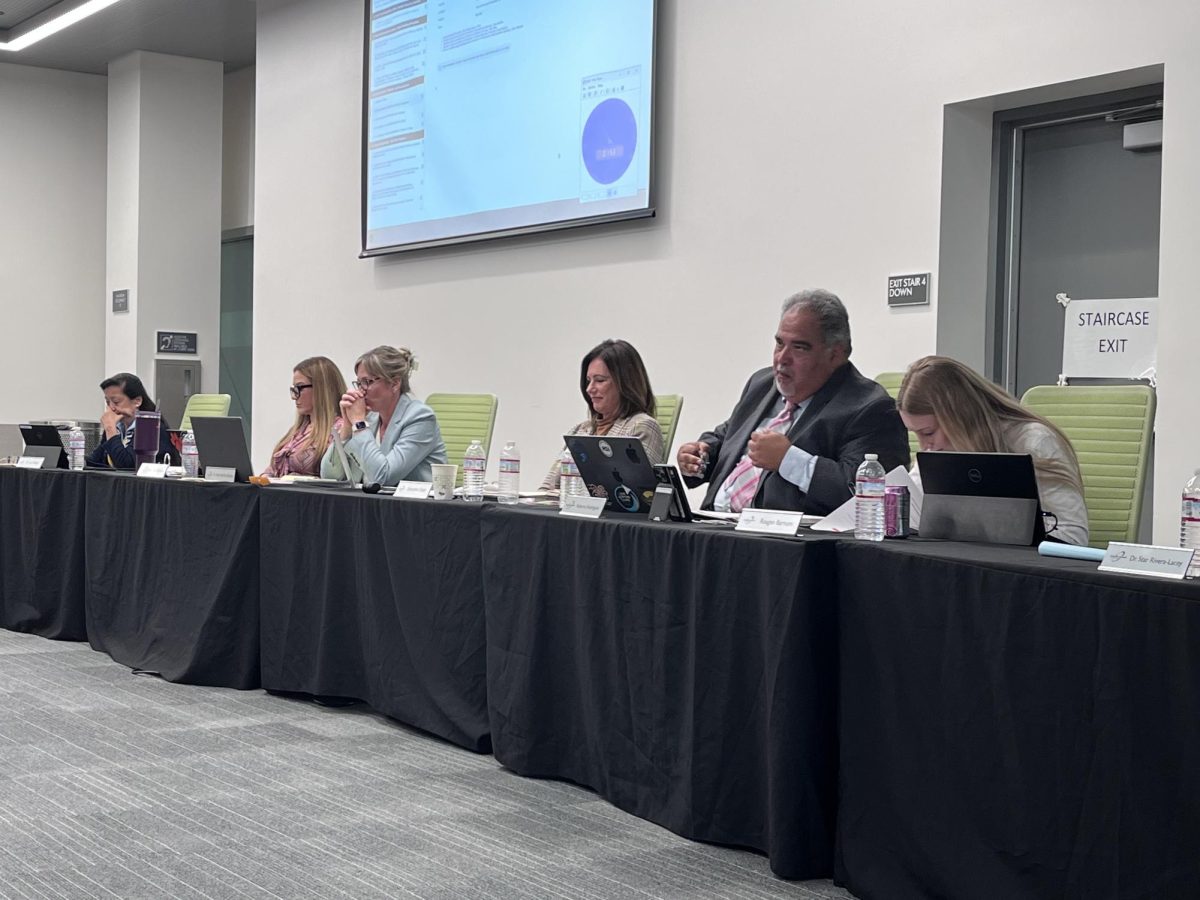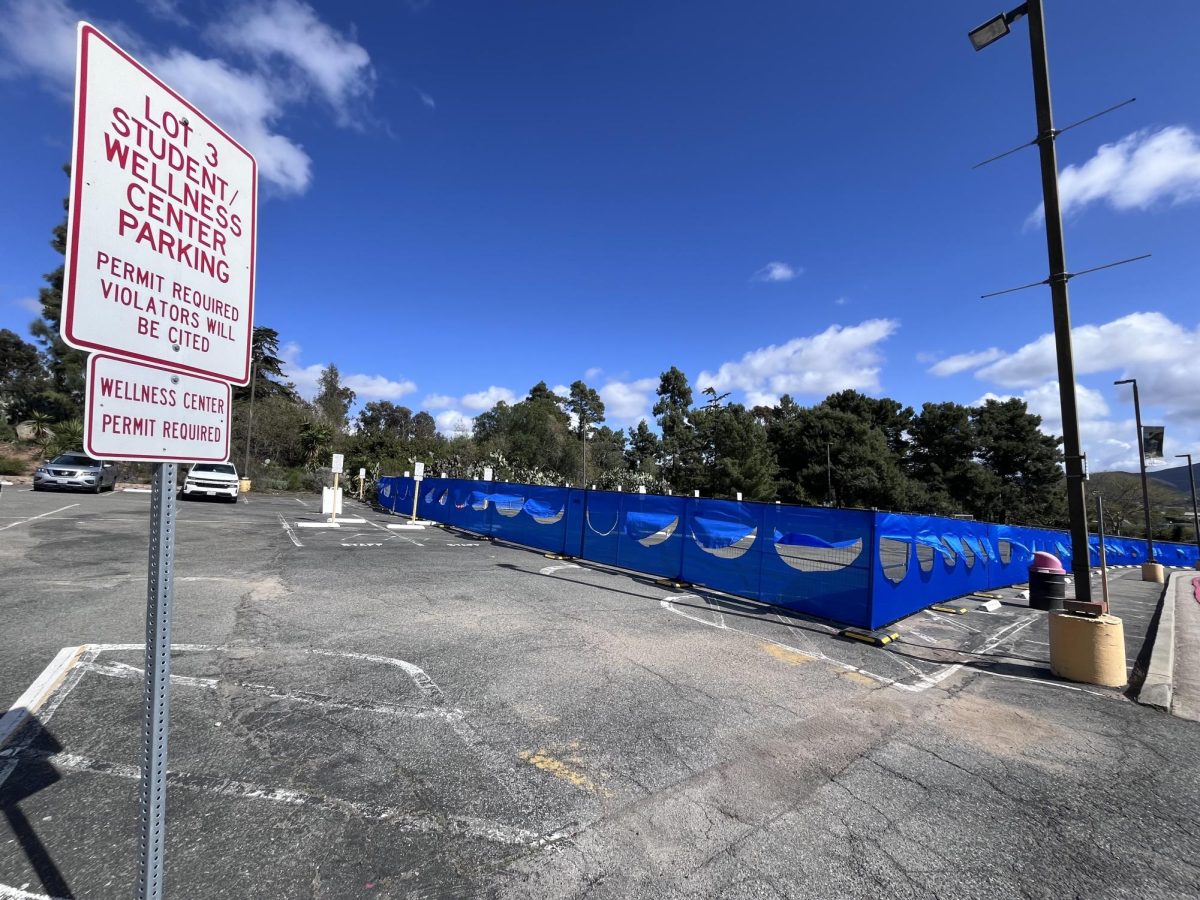
Palomar College and other colleges in the country have had a high number of fall enrollment drops this semester.
Kendyl Magnuson, Senior Director for Enrollment Services at Palomar College, said impacts by COVID-19 have worsened enrollment, as well as students not knowing much about Free Application for Federal Student Aid.
“We’re down about year-by-year 12% in total head count number of students,” said Magnuson about how this fall’s enrollment compares to the last two semesters. The main reason for this year’s drop is linked to COVID-19.
Magnuson, who has been working at Palomar College for eight years, said that the student demographic that has seen the lowest enrollment is non-credit classes. These are mainly for students who are looking for training or working on foundational skills.
“Students really need to make sure they’re filling out the FAFSA,” Magnuson said in regards to how the Admissions Department can help out students financially.
Another good resource that students may be eligible for is the California Colleges Promise Grant.
“We can also make a determination if a student is eligible for the California Colleges Promise Grant,” Magnuson said.
The CCPG helps waive tuition fees for students. For those eligible, the $40 to $60 per unit is waived.
On top of CCPG, students are also eligible for pell grants, which are federal financial aid grants that give money back to pay for books, gas and insurance.
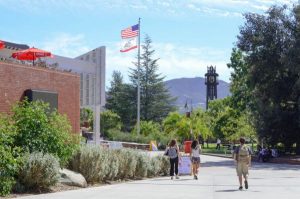
Magnuson said that there are a lot of opportunities for students to get financial aid, but they are not reaching out to the Financial Aid Office for that support.
“We open up a scholarship cycle each year, and typically at the start of January,” he said. These scholarships end up closing in March, however some end up unclaimed each year. They can be as large as $2,000.
Magnuson is hoping to advertise these scholarships at Palomar College so students are aware of them. They are a great way for students to pay off their tuition fees and have access to enrollment.
The Admissions Department and Magnuson are passionate about helping students succeed in their goals. They hope students reach out to the Financial Aid Office more, especially during the pandemic.
Despite the resources that Palomar College offers students, some still have trouble getting financial help even though they are eligible for financial help resources.
Dennis Garrison III, a student at Palomar College, struggles to get financial help for enrolling in classes.
Garrison III, 20, is from Amityville, N.Y. but currently lives on his own in Escondido, Calif. He has lived in California for about two years and is studying Kinesiology.
“I didn’t know where else to go,” Garrison III said when asked why he moved to California from New York. He could not go to live with his mom in New York, and his dad lost his home in New Jersey. He decided that the only state that he was comfortable moving to was California.
“It really wasn’t my choice,” he said in regards to taking the semester off. Admissions would not allow him to enroll in any classes this fall because he had outstanding enrollment fees to pay.
He is currently working two jobs, one as a trainer and the other as a healthcare worker. Since he lives on his own, these jobs are helping him survive and pay for school.
“They want me to pay $6,000 out of pocket, which I don’t have,” Garrison III said. He is not able to get any financial help from his parents.
He has tried to reach out to admissions at Palomar for student loans and has not been able to get one.
“They always bring up FAFSA but I technically don’t get FAFSA,” Garrison III said. He gets a little money from FAFSA but it does not help pay for his full tuition.
Garrison III is still trying to get into late classes. The fee problems and lack of financial support from the college has hurt his chances of enrolling this fall.

